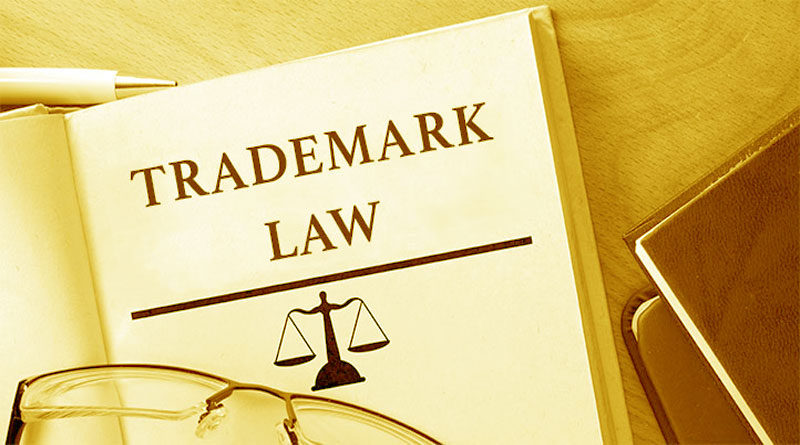Every business will at some point look to secure their brand and the first step towards achieving that goal is through a trademark registration in India. Perhaps, it is amongst the most secure ways to assure brand security from any possible trademark infringement. It offers advantages that small and medium businesses can reap – but with geographical limitations. It means the protection availed under trademark registration is only limited to the country where they are registered. The trademark law is territorial which means national trademark registration will not provide rights of trademark protection in other countries. This means, you do not have the right to stop other businesses to register the same trademark in the USA unless you have done so.
You own no rights to protect your trademark outside of the country where it is registered. Moreover, getting rights in one country does not guarantee successful registration in other countries.
It is best to know the trademark law limitations before you plan to register one in any country.
Trademark Functionality
Not everything can be trademarked. So you need to know than only certain things can be secured with trademark registration.
– What can be registered as trademarked?
Any factor that enhances usability or functionality usually does not get protection. If one sells a product under a special packaging or a typical shape which is just for making it distinct then it is possible to avail a trademark for that. However, if such a shape or packing enhances the usability of the product then the registration is not possible. This rule helps in maintaining a healthy competition among the competitors.
Geographical Limitation
Say you have new pvt ltd company registration and you need to open the same in USA. In such case, you will still need to undergo the same process in USA. Same goes with the domestic trademark registration.
Trademark is territorial wherein the geographical boundaries determine the country for which a particular trademark is valid. Only Indian jurisdiction is applicable when the trademark registration is done in India. It is important to file a distinctive international application when looking to get the right to protection in other countries. Also, do note that geographical indication is different from geographical location, here’s how:
– A geographical indication is IP protection on its own which is different from the trademark protection. Usually, Trademark helps distinguishing goods and services from others in the market whereas the geographical indication help identifying the goods belonging to a particular locality or region. E.g.; PatanPatola or Darjeeling Tea are geographical indications.
Difference between Trademark and Geographical Indication:
| Trademarks | Geographical Indication |
| It can help to identify services or goods that belong to a certain brand, company or individual. | It symbolizes the origin of goods. |
| Can trademark word-mark, logo, number, device, etc. | A geographical area is linked to the trademark. |
| Can assign or license the right to use to anyone, anywhere in the world. | No such provision to license or assign the use of product name to anyone outside the area/place of producers. |
| Can register trademark for goods and services. | It can an only be registered for goods. |
Limitation of Fair Use
Claiming an exclusive right over commonly used words is restricted under the trademark law if the same is supposed to be taken in a different context. This includes trademarks that are used for comparative advertising, media reports, and also non-commercial trademark use in academic journals and articles.
Now if you want to claim exclusive rights over such trademarks for your business then it is not permitted. This is especially when a third party uses your registered trademark as per the doctrine of fair use. For instance, the trademark owners of brand “Super Nirma” cannot stop others from using the word “super” for their brand’s trademark registration.
Limitations on parallel imports
The trademark law considers parallel importation a legal action so it does not prevent other parties to do parallel imports. Anyone can import goods from other countries and sell them in their home country without the consent of a domestic trademark owner. Now the importer can also sell them at lower rates and trademark owners cannot claim the rights (on imported goods) under trademark law.
Also the same holds no right to prevent the selling of goods later on in any part of the company. This is because the rights of the trademark owner over the goods no longer exist once the first sale is concluded.
Conclusion
While there are certain limitations attached to trademark registration, it is still imperative to go in for it, because it offers a great boost to your business. It gives your business a certain recognition that brings value to your company. Protecting an unauthorized use of the brand is possible with a trademark as it sets off common trademark limitations. It is best to consult trademark and IPR professionals to understand your brand’s trademark limitations before registering it.

Namaste UI collaborates closely with clients to develop tailored guest posting strategies that align with their unique goals and target audiences. Their commitment to delivering high-quality, niche-specific content ensures that each guest post not only meets but exceeds the expectations of both clients and the hosting platforms. Connect with us on social media for the latest updates on guest posting trends, outreach strategies, and digital marketing tips. For any types of guest posting services, contact us on info[at]namasteui.com.


Posts are very meaningful thanks to the site.
Thanks for sharing this post about trademark law. I really need it.